Spirituality, Recovery
& Addiction
Training Outline
& Addiction
Training Outline
See information about the rest of our Training here and contact KC at kc.cade@sunnetwork.org.uk
Audience
This course is for people (volunteer, worker, family member) who care about someone with addiction; anyone ready to engage in a three hour long course to support another or their own addiction recovery.
Introduction & a Definition
Spiritual’ is the word that I use, with my tongue firmly in my cheek, for wondrous things that I categorise together because I don’t understand them. That’s my humour about the many, many things that are a mystery to me. And I do think words are insufficient when it comes to encapsulating spirituality. One way of defining spirituality is: “life giving, or live source”, to which we could add: connecting to self (including the mind and body), connecting with the other (including other people, nature, something or someone transcendent).
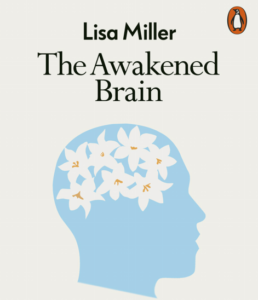
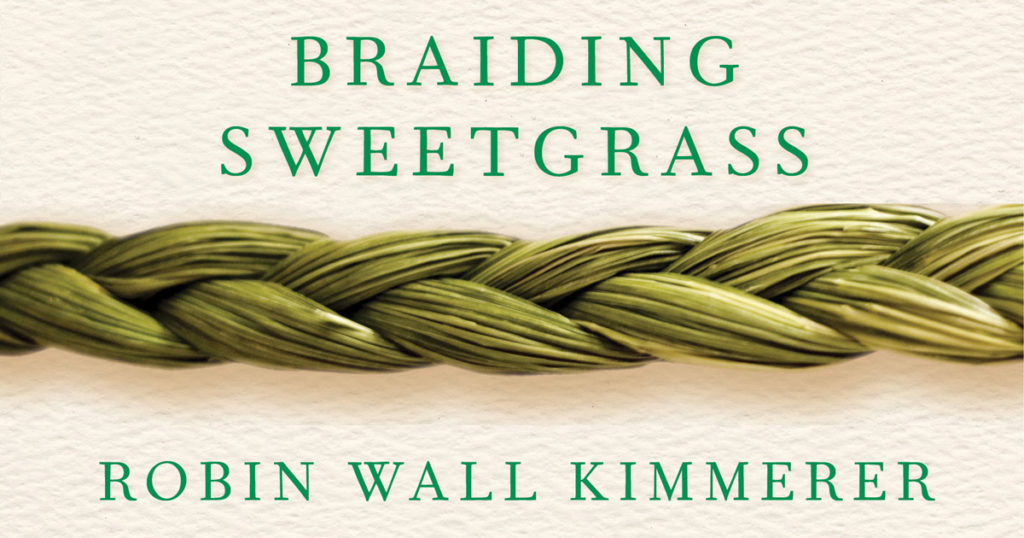
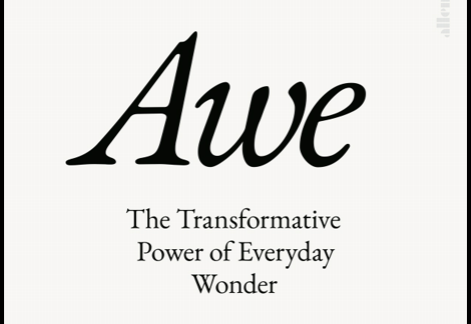
Spirituality and Science
Science and spirituality have been positioned as foes, fighting some kind of tribal battle for the truth, but I think science and spirituality can co exist and even complement each other. Traditionally, science is there to objectively prove theories, with rationality and reproducible experiments about the nature of existence. While, perhaps spirituality has a different purpose entirely: to help us find meaning in our world and selves. I believe these separations are largely from European perspectives, while indigenous world views don’t separate existence in quite the same way. Mindfulness is an example of something with spiritual roots that’s being studied, embraced, and recommended for mental health and addiction treatment.
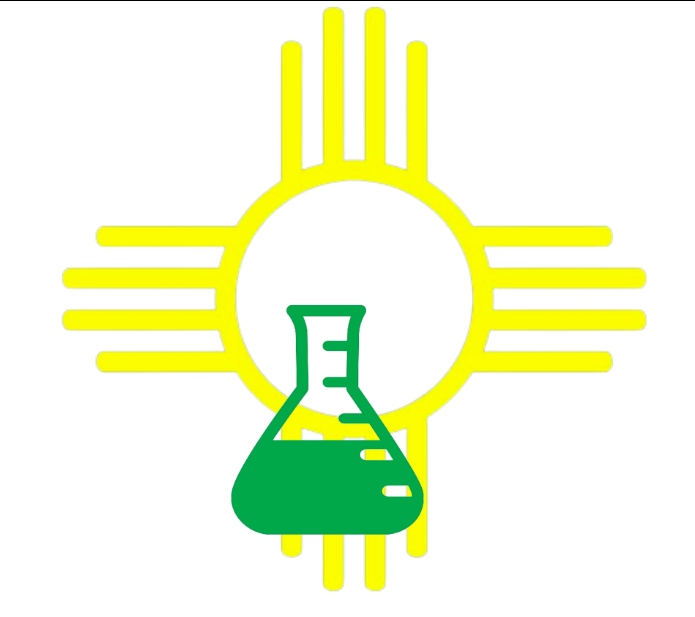
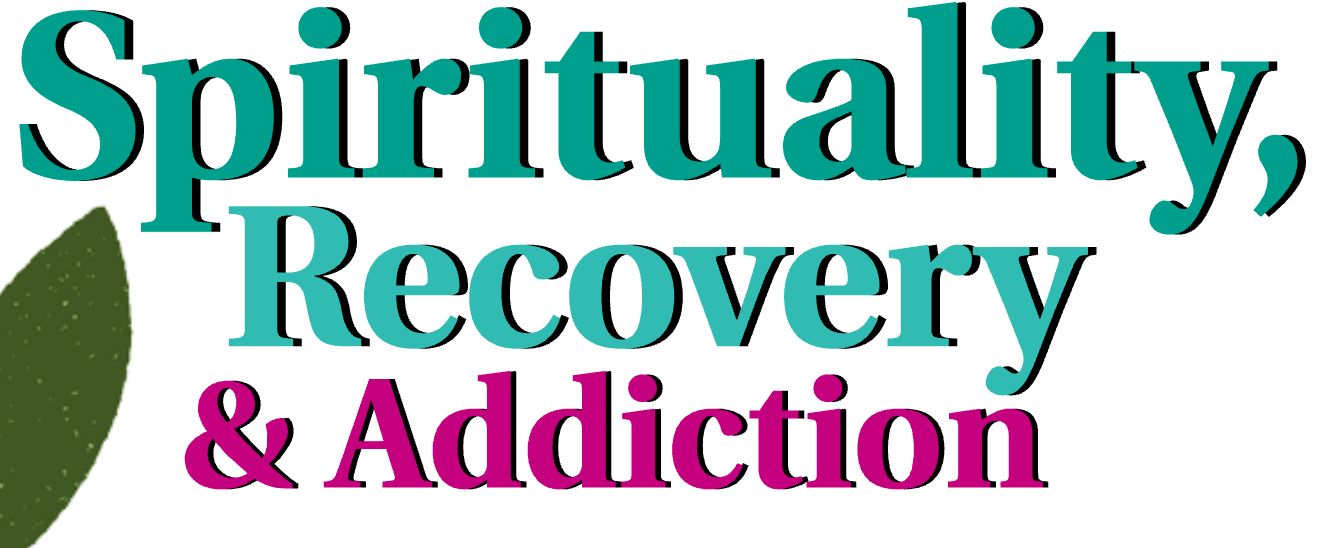
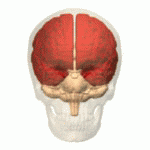
What motivates the turn from the self-harm and destruction of addiction toward recovery & life? My conversations and friendships in my years of addiction recovery have shown me things like fear of losing a relationship with an important loved-one, or an instinct of self-preservation often drives us to make the big change to fight and start working to survive. I believe the most important thing for recovery is called in psychology ‘unconditional positive regard’, which is a formal term for loving oneself. Spirituality can help with building our self-esteem, self-love and addiction recovery.



The stories of spiritual journeys in AA have been handed down orally from person to person for many years. One I like is of a man who was asked by his
mentor, ‘What do you need your higher power to be like?’ This seemed blasphemous to a man who’d grown up in a very religious environment where God was strict and harsh and demanding. But it helped him to see what he really needed. From a young age I imagined a god who was stern and angry, looking down at me from up on his distant cloud shaking a finger at me for my mistakes, judging and condemning me. 
"Our greatest strength lies in the gentleness and tenderness of our heart."

Rumi
Sufi (Muslim) mystic
Spirituality and Religion
Religion is associated with a lot of harm caused through history. Whether it’s the crusades or the abuse of children by the Catholic church, or greedy evangelists on the TV and the internet taking advantage of the vulnerable, it seems to me the problem of religion is like other spheres where people using power over for selfishness and exploitation instead of selfless service alongside and for people. Some examples of where very inspiring people changing the world for the better while being people of faith, 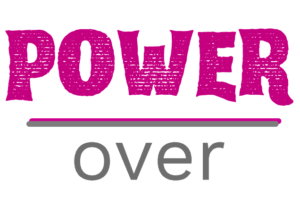 include spiritual individuals in spiritual communities: Bishop Desmond Tu Tu, Ghandi, Mother Theresa, Martin Luther King Jr. and Nelson Mandela. And everyday people inspire and serve their communities through food-banks, toddler groups and social action. Finally, religious traditions share ancient spiritual practices for both individuals and groups.
include spiritual individuals in spiritual communities: Bishop Desmond Tu Tu, Ghandi, Mother Theresa, Martin Luther King Jr. and Nelson Mandela. And everyday people inspire and serve their communities through food-banks, toddler groups and social action. Finally, religious traditions share ancient spiritual practices for both individuals and groups.
Spirituality and Brain Science
Lisa Miller, a researcher pioneering studying the brain in context of spirituality, defines spirituality in her book, “The Awakened Brain” as:
“A moment of deep connection with another being or in nature. A feeling of awe or transcendence. An experience of startling synchronicity or a time when a stranger showed up and did something that changed your life. A time you felt held or inspired or buoyed up by something greater than yourself—a higher power perhaps… nature or even the surge of connection at a concert or sporting event.”
She had participants in her study listen back to a recording of themselves describing their own spiritual experience while an MRI scanner mapped parts of their brains that activated during the remembering.
Portions of the brain associated with rumination (the kind of thinking found with depression, anxiety and addiction) was measured to shutdown. Parts of the brain where surprising & meaningful perceptions are tracked indicated transcendent, distinct, yet connected self, bonding and relational intimacy; both self transcendent and relational awareness. Spiritual experiences show us, remind us that the world is alive & communicating with us. We feel warm loving embrace of others and of life. We matter, belong and are never alone.
Lisa concluded that our awakened brain cultivates a sense of something above/beyond our individual self which is caring, loving, guiding. She found a correlation between personal devotion and/or personal relationship and a decreased risk for addiction, depression.
Spirituality in Real Life (Paul's Story, part 1)
Spirituality and Nature
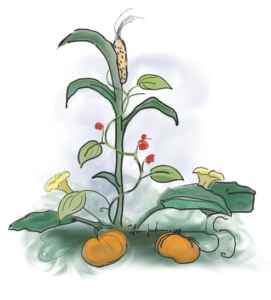 Robin Wall-Kimmerer’s beautiful book brings together ideas that are usually kept separated via the European perspective: botany, spirituality, nature, heritage, storytelling, conservation and poetry. She brings the reader on her journey of learning about her own indigenous family story and love for plants with a humble and gentle tone that invites the reader to experience how nature and our planet takes care of us as humans, giving us oxygen we need to breathe through trees photosynthesis and so much more. One big theme is reciprocity: nature cares for us and we can care for nature.
Robin Wall-Kimmerer’s beautiful book brings together ideas that are usually kept separated via the European perspective: botany, spirituality, nature, heritage, storytelling, conservation and poetry. She brings the reader on her journey of learning about her own indigenous family story and love for plants with a humble and gentle tone that invites the reader to experience how nature and our planet takes care of us as humans, giving us oxygen we need to breathe through trees photosynthesis and so much more. One big theme is reciprocity: nature cares for us and we can care for nature.

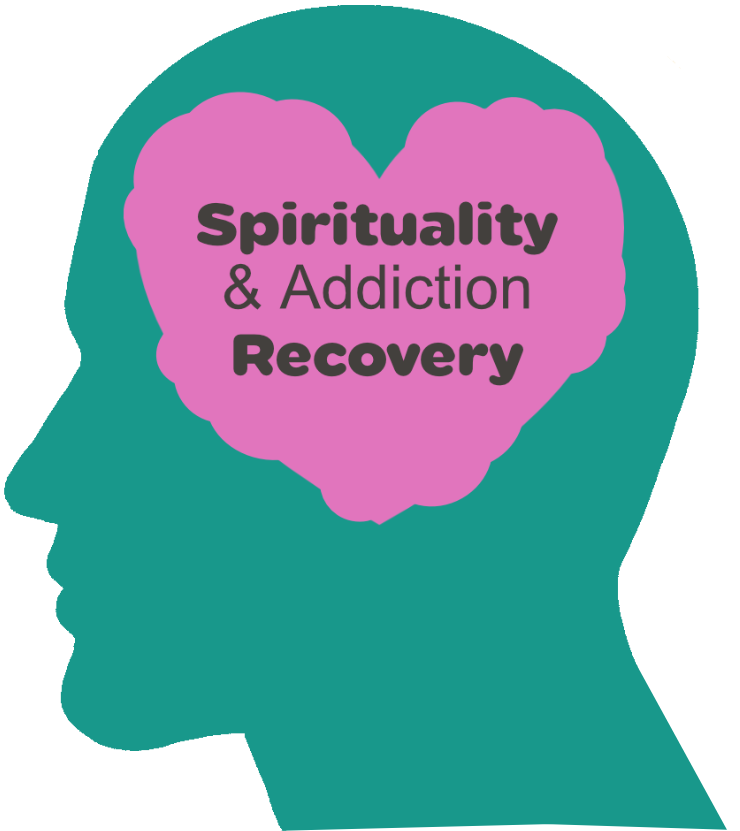
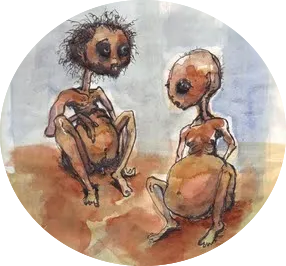
We understand a thing only when we understand it with all four aspects of our being: mind, body, emotion, and spirit.
Greg Cajete
Native scholar
Spirituality and Solitude
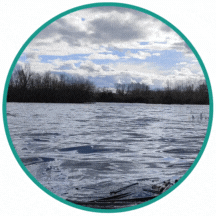 Our ‘inner judge’ thoughts (critical self talk) are trying to get us to behave so we can be accepted. But does it work? Mine were just always there, like the air I breathed so I didn’t see them. My addiction recovery reflection practice brought them to my attention and over time, with persistent regular repeated kindness, many layers have been shed, many within a year. A big part of addiction is shame, which is also exposed when we slow down and practice mindfulness, solitude or meditation.
Our ‘inner judge’ thoughts (critical self talk) are trying to get us to behave so we can be accepted. But does it work? Mine were just always there, like the air I breathed so I didn’t see them. My addiction recovery reflection practice brought them to my attention and over time, with persistent regular repeated kindness, many layers have been shed, many within a year. A big part of addiction is shame, which is also exposed when we slow down and practice mindfulness, solitude or meditation.
"When we are in the middle of a shame storm, it feels virtually impossible to turn again to see the face of someone, even someone we might otherwise feel safe with. It is as if our only refuge is in our isolation; the prospect of exposing what we feel activates our anticipation of further shame."
Curt Thompson MD
"The Soul of Shame"
Spirituality and Pain
Addiction is a problem processing emotions like pain, so it’s important to work at facing and feeling things that we’ve not been able to handle. Carl Jung said that the un-faced, unseen part of ourselves is source of our mental health challenges. Tara Brach teaches the Buddhist principle of the second arrow which represents suffering which comes from us not accepting the things in life that are unavoidable. Richard Rohr says that we will always transmit pain unless we transform it. Changing our perceptions helps us change our habits (including addictions) over time, with embodied practices, not merely psychological ideas or cognitive concepts. Addiction is about emotions and recovery is also about feeling our feelings.
Spirituality and Grief
"Our closest relationships may offer the most challenges to our honesty, compassion, and integrity, but we are often rewarded beyond our expectations. We find that spiritual principles can guide us in the everyday challenges of life, and they can help us face even loss, grief, and death with fortitude and grace. What we gain in this program is a blueprint for full and successful living, whatever may come."
Sex Addicts Anonymous
'The Green Book'
Spirituality and Practicing
Addiction takes years to develop and often it takes decades before people start working on their recovery. So practice is a good word for the work we do. We experiment and we practice being kind to ourselves. We practice connecting with our bodies and our emotions. We practice avoiding isolation and shame and we practice embracing solitude and healthy self care habits. One simple meditation involves relaxing then imagining the emotion that’s troubling you. Feel it if you can and imagine it as a wave. It can be as big and disruptive, even frightening and powerful. Take a few breaths as you feel this emotion in your body, but then imagine zooming out as if you are watching through a window or on a screen viewing the wave. See the wave as part of a bigger ocean. Imagine the ocean as peaceful, calm and expansive. The wave is real and felt, but so is the larger picture. It’s not so much an idea in your mind as a feeling in your body. Let your imagination help you to feel soothed and the aim is for the feelings to pass through you. It takes practice, but trust your ‘gut’ or instinct.
Spirituality in Real Life (Paul's Story, part 2)
Spirituality and Awe
There are many sources of awe and wonder that can inspire us in our addiction recovery, suggesting that there is not only beauty in the world all around us, but that we are not alone in many ways: quantum physics suggests that everything is connected: people & consciousness. Gut bacteria, biotics, are an ecosystem in our bodies. We are not separate from microscopic life forms, they are part of us. MicroBiome is example of interdependency. Our health relies on this interdependent relationship within our microbiome, microbes need our food and body, we need them. And when it comes to our mental health and addiction recovery, healthy diversity in our gut biome helps our moods.
Conclusion
Addiction involves isolation, shame, low self esteem and harmful habits. Spirituality is a powerful perspective that can connect us to others, to ourselves and a larger meaning and purpose in life. Spirituality can help us reconnect with our bodies after decades (sometimes a lifetime) of dissociation caused by trauma and neglect. The recovery practices that help those with addiction can help anyone who wants to nurture themselves with self-care and there is a wealth of wisdom and an abundance of people, communities, practices and tips to try out. My view is that the ultimate aim is to heal such that we can love ourselves more, giving us a strength to overcome our addictions over time.

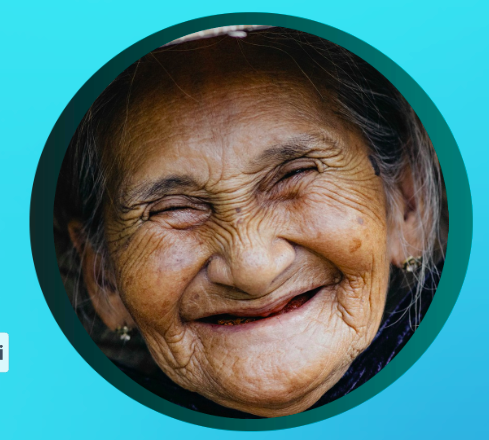

Links to Resources:
- Awakened Brain, Lisa Miller
- Braiding Sweetgrass
- Tara Brach, therapist, meditation teacher, Phd. & author
- Yohan Hari TED Talk, "Everything You Think You Know About Addiction is Wrong"
- Gabor Mate, "In the Realm of Hungry Ghosts" and many talks online
- Alcohol & Other Drugs
- Compassionate Focused Therapy
- Cells that Fire Together Wire Together
- The Soul of Shame, Curt Thompson
- Carl Yung on God & Becoming Whole
- Sex Addicts Anonymous
- Mental Health CBT AI app
- Rumi Sufi Muslim Poet & Mystic
- Wendigo indigenous symbol of addiction & more
- Hungry Ghosts eastern symbol of addiction & more
